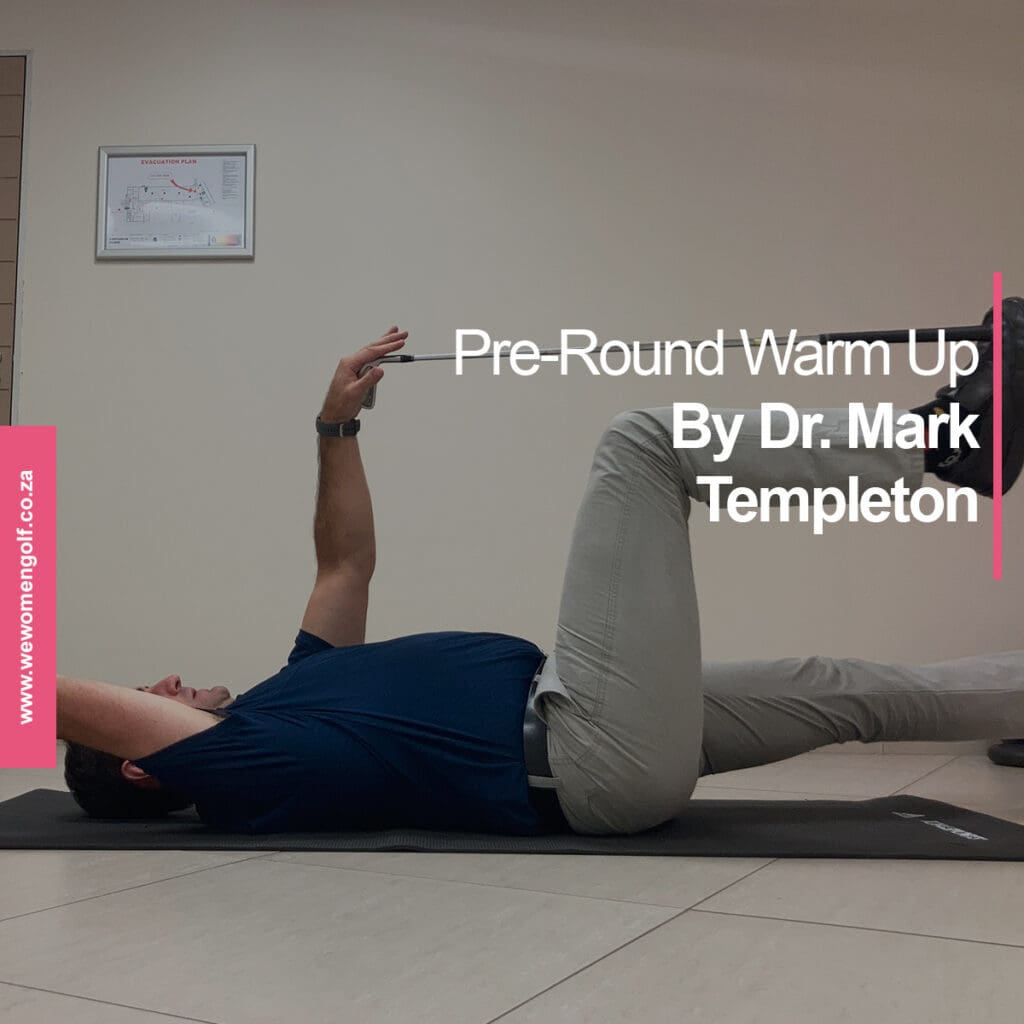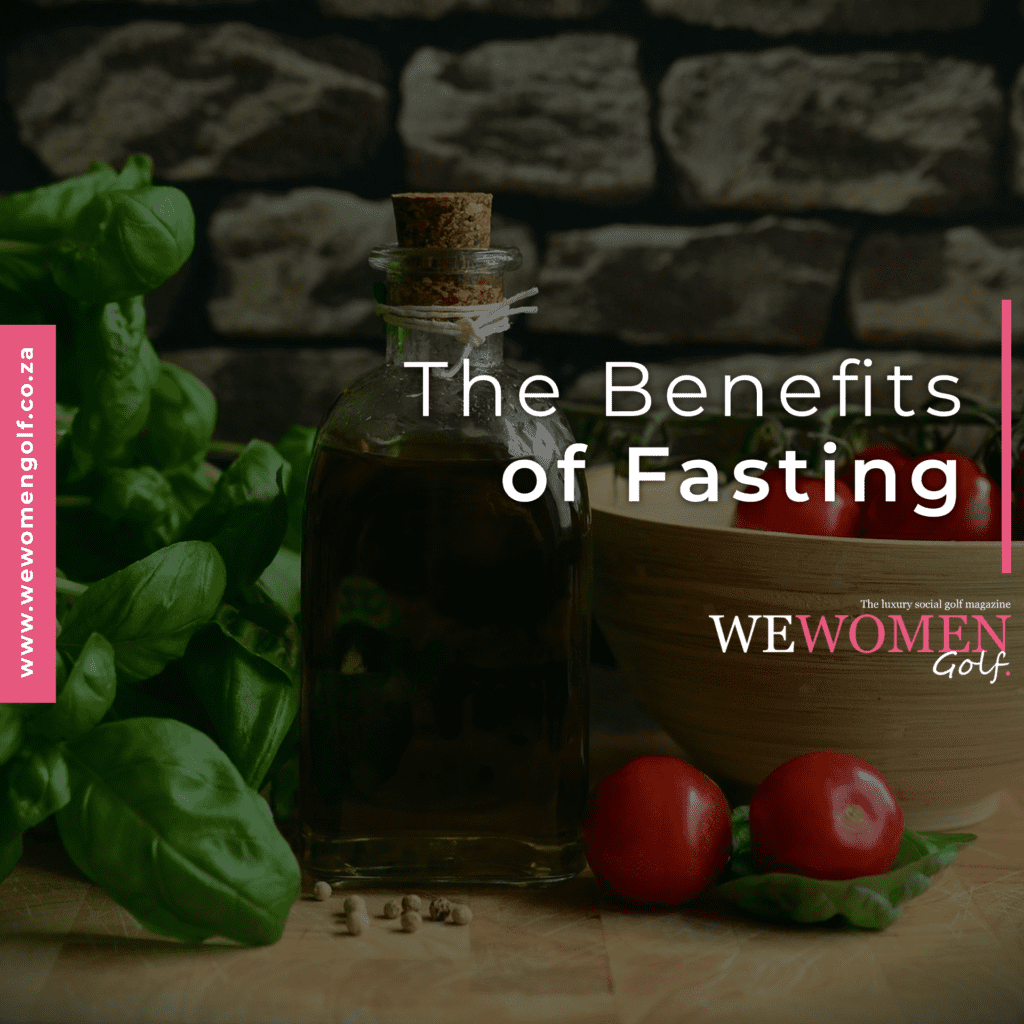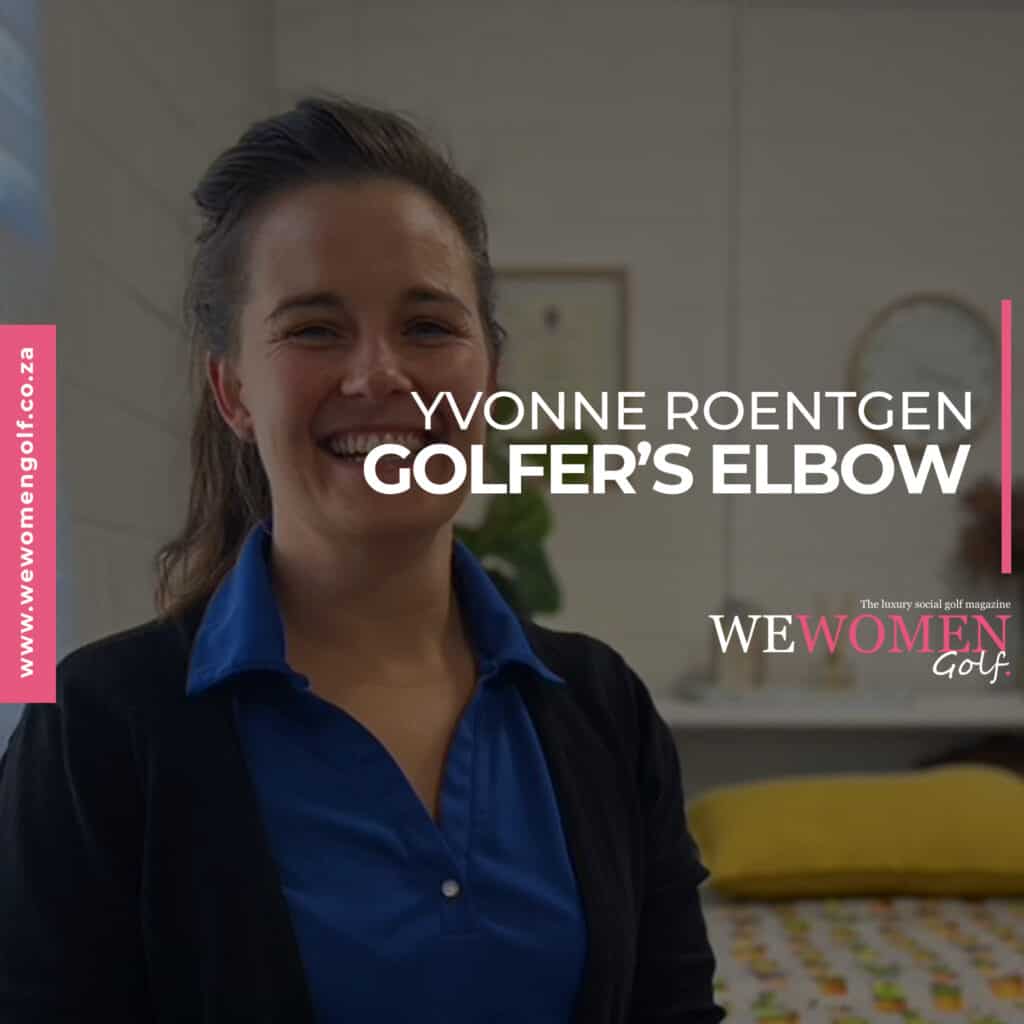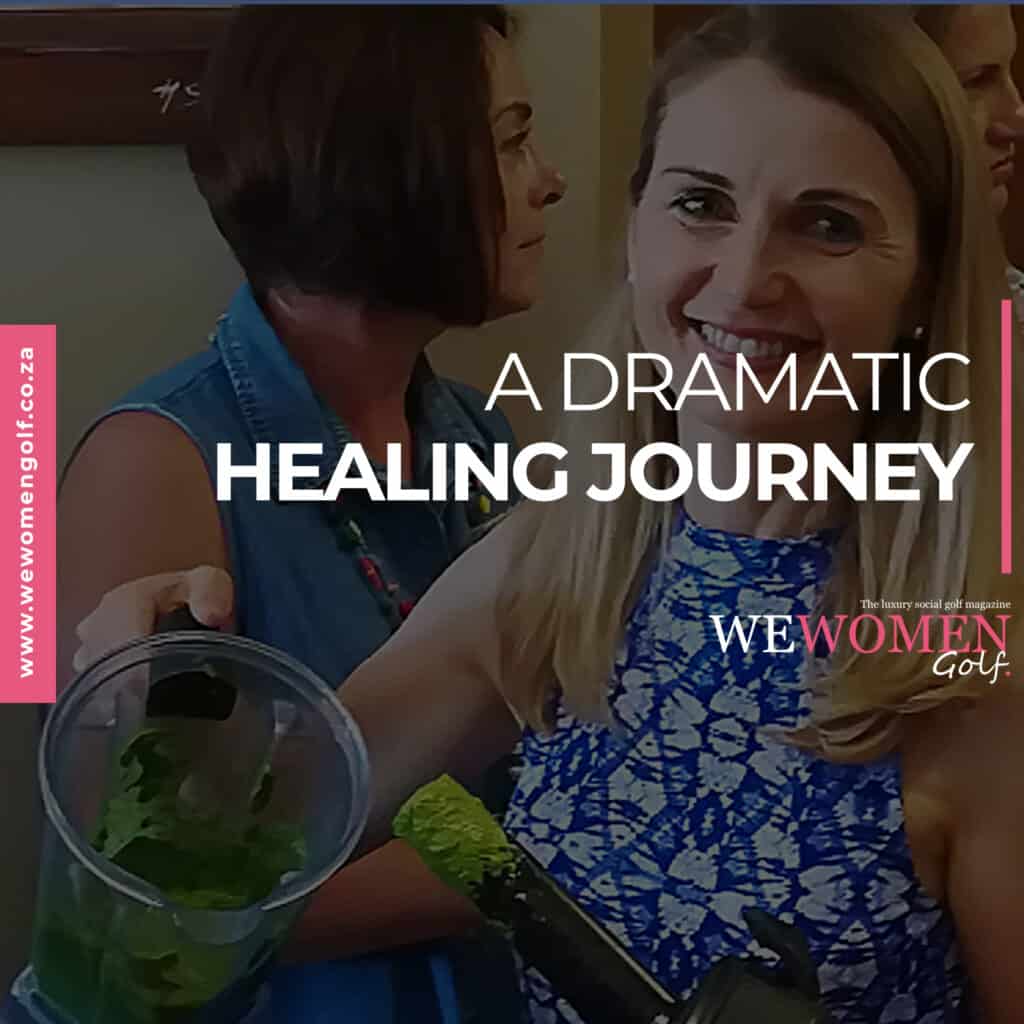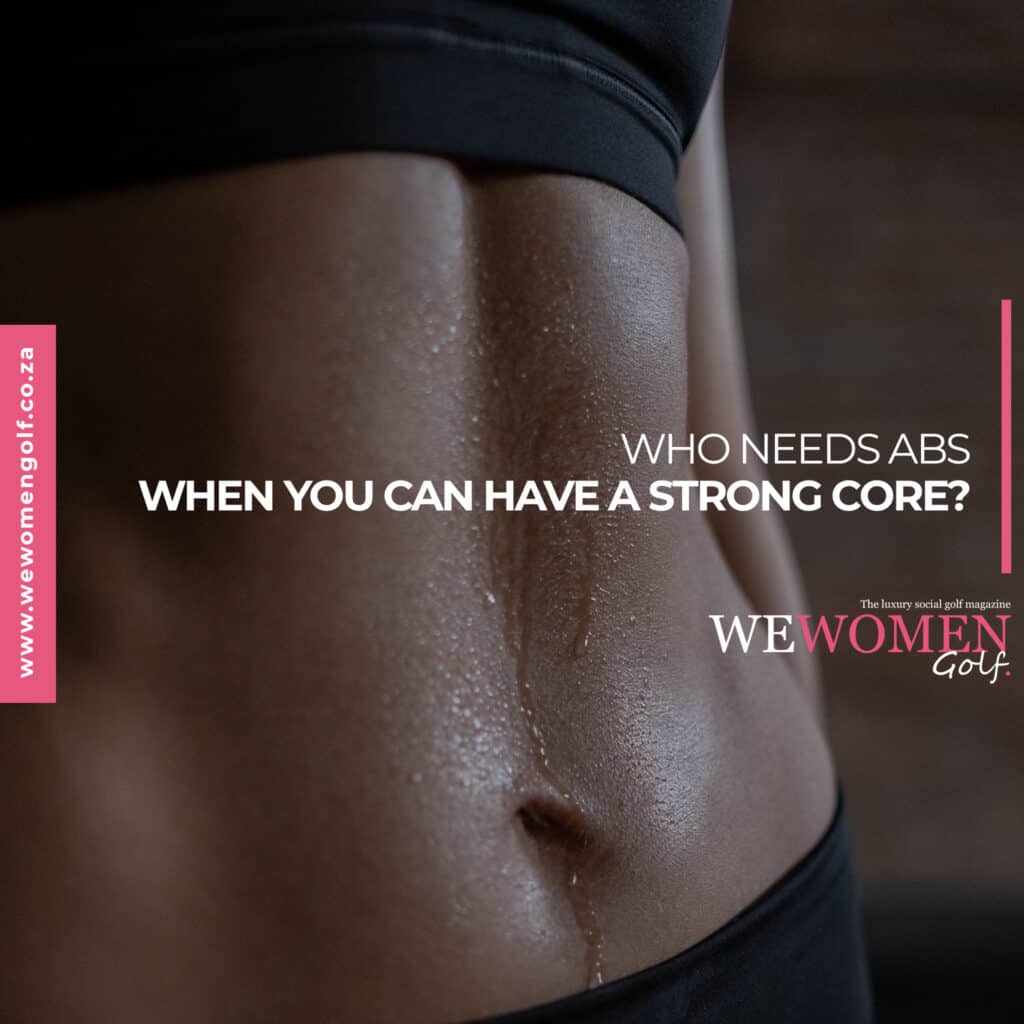My childhood dream was to be the best in the world at something, I did not know what it would be, but I knew I could to do it in something. In 2019 I finally achieved that lifetime goal by becoming the Long Drive World Champion. It was the perfect combination of mental and physical performance. After retiring from my career, I knew that I had unlocked the special skill set of performing under pressure, which I wanted to share with anyone who is willing to learn. My mission now is to help golfers unlock the most important weapon of all in performance – confidence. Confidence is known as “the first victory” in any type of performance. Without this “first victory”, you are going to be starting on the back foot and likely staying there. Something I use to tell myself before competing was: “I am the best. If I do not believe I am the best, then I might as well pack my bags and go home.” This statement would play in my head like a broken record. If doubt ever crept in, it was immediately combatted with this statement. It was the first time I truly understood the power of the stories we tell ourselves. And it worked because, at the end of the year, I was the underdog that won the World Championship. As important as it is for us to believe “I am the best”, remaining humble is its close ally. To be humble means we understand that we can always do more, we can learn more and we do not reject feedback from others, we crave feedback from others. Confidence and humility must co-exist.
For women, in particular, confidence is harder to come by than it is for men. A study showed that when applying for jobs, women will look at the job requirements and believe they are capable of only fulfilling 50% of them. Whereas men will look at the requirements and believe they are capable of fulfilling 80% of them. An important variable in this self-belief is testosterone. Testosterone is a hormone that is so quickly associated with men, and not with women. We think if a woman has high testosterone they will become bulky and grow facial hair. True – but if this is happening it is probably because that person is taking an extraordinary amount of testosterone, far more than its natural state. This stereotypical view is robbing women of the many benefits. Even from an aesthetic perspective, testosterone can help women achieve many of the normal body image goals we have, it helps with fat distribution and lean muscle mass (which leads to increased weight loss and toning). I want women to benefit from this natural hormone the same way men do.
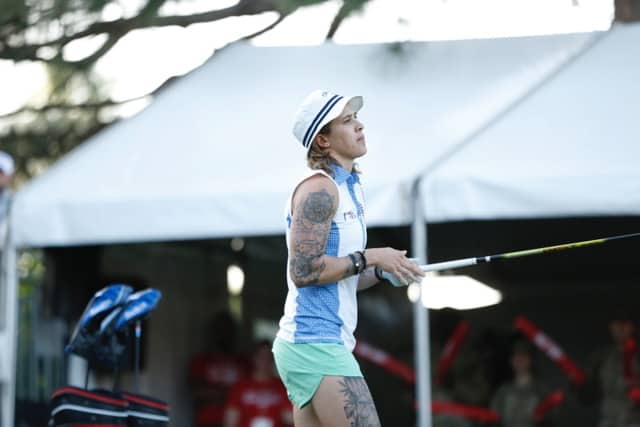
There are other behaviours that affect one’s confidence. Firstly, it comes from the stories we tell ourselves. How do we respond when we underperform? Do we see ourselves as victims? Do we blame external factors, and not take responsibility? Do we lose appreciation and pride in ourselves? Do we verbally punish ourselves? If the answer is yes, you are doing no justice for yourself. You will not grow if this is how you react to a bad performance. How about the words we use when we are speaking about our future selves. Do we use words like “maybe”, “hopefully”, “sort of”, “kind of”, “try”, “probably”, and “think” – these words need to be audited and edited in real-time. They do not instil confidence, only uncertainty. What are we trying to prove to ourselves or others by using them? This exercise of word replacement alone will make a huge positive shift in one’s mindset, give it a try.

The second factor is preparation. Athletes train incredibly hard so that when they are in competition (fight or flight mode), they can operate from less of a conscious space and more of a subconscious space. Athletes must ingrain their muscle memory so that when under pressure, they can trust their autopilot mode, and not fight their instinct. This is something I speak about a lot with my juniors. For example, when leading up to a tournament, if you are not confident in your putting, then the hard truth is that you need to prepare harder. This might mean adding an extra 3 hours a week of putting into your practice schedule, a tough task, but also a necessary task to achieve elite performance.
The third factor, and my favourite, is strength training. When I began working on my golf away from the golf course and in the gym, it was the biggest shifting point in my career. Golf is a brutal and tedious sport. Hours upon hours of walking the course, standing on the driving range, or on the practice green.
It drained me mentally. Stepping away from the practice area and working on my game from a different angle gave me a reward I had never experienced before. Working in the gym is a very simple way to receive positive feedback. You go in, you work hard and you will see results. You see concrete evidence of becoming better. You receive huge amounts of endorphins and dopamine, and you will increase your testosterone (remember this is a good thing, not a bad thing), which will naturally increase your confidence. You will increase your physical endurance, which will increase your mental endurance. When we challenge the body, we challenge the mind.

